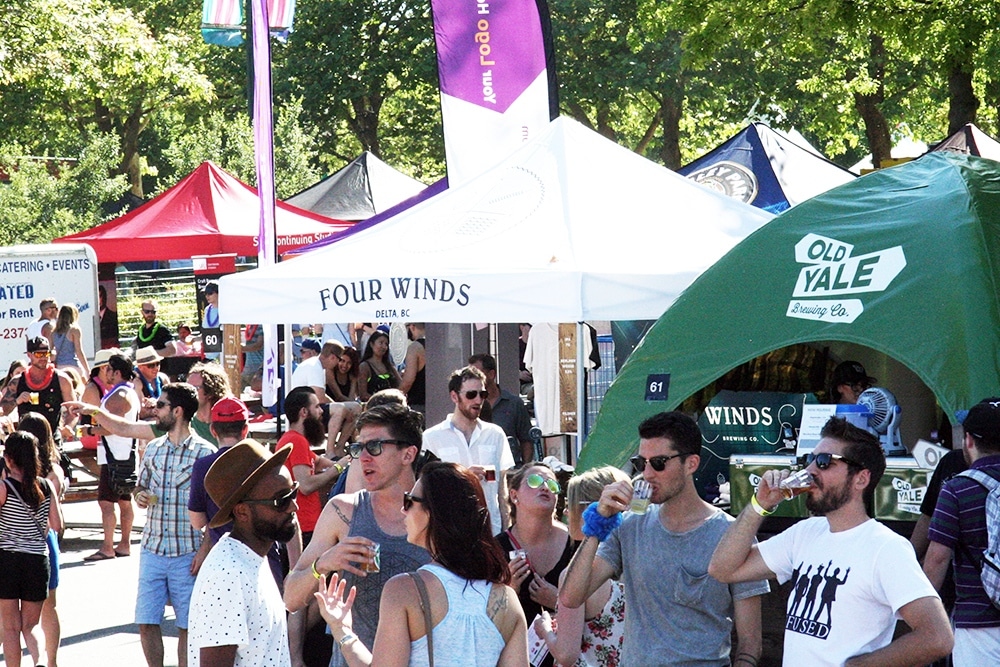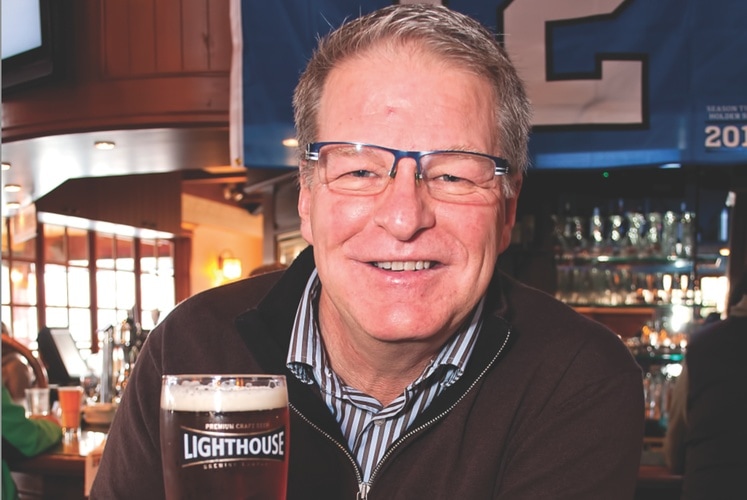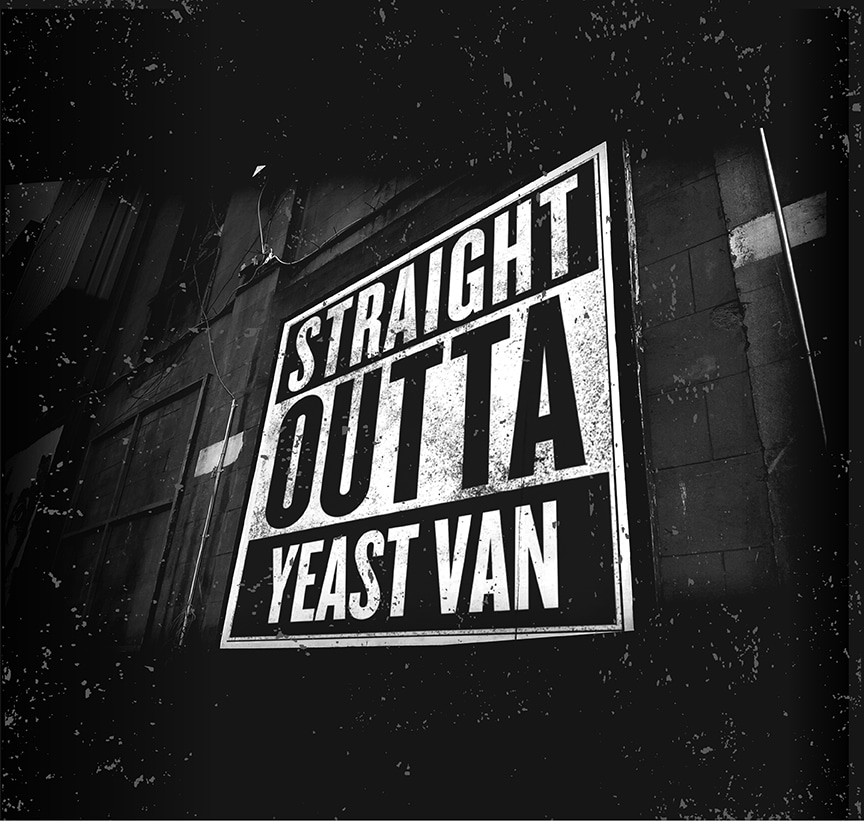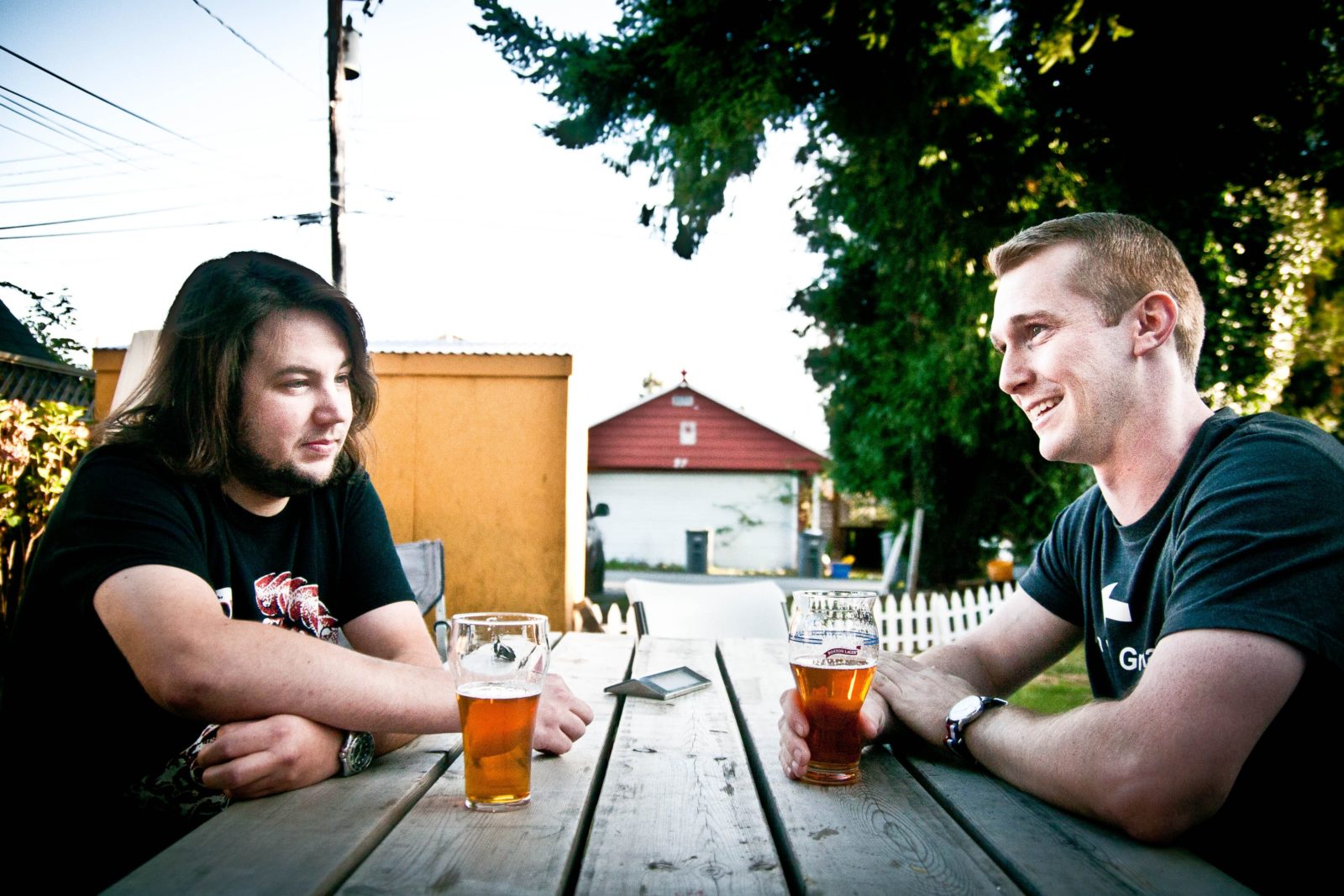
If you’ve grown up here in B.C., you’re likely aware of just how far we’ve come with regards to our liquor laws.
It wasn’t so long ago that private retail liquor sales were illegal, and buying alcohol on a Sunday was next to impossible. Neighbourhood pubs have only been legal since the 1970s and cocktail bars since the 1950s. It’s barely been five years since the province allowed breweries to operate tasting rooms, a move which has helped to spur on the craft beer boom.
There’s no denying there’s been progress.
However, holdovers from the Prohibition era still remain: namely, a government monopoly that completely controls the sale and distribution of liquor.
Alcohol is unique in that no other consumer good sees this sort of government control. Not tobacco, not firearms, not even marijuana.
This province currently has among the highest taxation and markup of liquor products of any jurisdiction in the world. B.C. may be beautiful, but it’s one of the most expensive places on earth to buy a beer.
That government control also makes it difficult to import liquor. If you fancy a bottle of Beaujolais the B.C. Liquor Distribution Branch doesn’t carry, you’ll need to get government permission to bring that bottle into Canada. And if you want to resell it, things get even more onerous.
“The government owns every drop of alcohol you make as soon as you make it,” says Ken Beattie, executive director of the B.C. Craft Brewers Guild. “And then you have to compete against them for your sales. It’s a very interesting situation, to say the least.”

A ‘culture of control’
If you’ve ever had a beer at a beer festival, you might have assumed it was a simple transaction between yourself and the brewer selling their beer. In fact, the brewery first has to sell its beer to the government, which sells the beer to the festival organizers, who sell the beer back to the brewery, which then sells the beer to you, the consumer.
If it all seems a little absurd, that’s because it is. Kafkaesque webs of bureaucratic red tape impede the beer, wine and spirit industries at every turn.
“We all know why [the provincial government] is in the alcohol business: It’s a cash cow for them,” says Paddy Treavor, president of the Campaign for Real Ale Society of B.C., an independent consumer advocacy organization looking out for local beer and cider drinkers.
“The government dictates what beers are on the shelf, they dictate the price without consultation from the breweries… they control every aspect of [the liquor industry] and I don’t think they even know why anymore. It’s just because it’s always been done.”
Historian Robert Campbell has studied B.C.’s liquor laws for much of his academic career and calls this situation the provincial government’s “culture of control.”
“It is a system that has always been resistant to change,” he says.
The B.C. Liquor Distribution Branch is responsible for the sale and distribution of all alcohol in the province. Even if you’ve bought booze from a private liquor store, that was sold to the retailer at wholesale prices by the LDB.
However, bars, pubs and restaurants are forced to purchase alcohol at retail prices, like everyone else, as the government refuses to offer the wholesale price incentives private liquor stores get.
If a brewery comes out with a new beer, its packaging must first be submitted to the government for approval. The government will also determine the markup for the product, ultimately determining its retail price, and it can change those prices without consultation.
The rationale for this governmental control has always been to protect the public, says Campbell.
Certainly, there’s no denying the sale and consumption of alcohol comes with societal costs and impacts. In a 2002 report, Provincial Health Officer Dr. Perry Kendall notes that B.C.’s health-care costs due to alcohol are estimated at $179 million annually.
“Law enforcement costs added $143 million, with a further $529 million for lost productivity… and $93 million for fire damage, traffic accidents, and other direct costs,” Kendall states. “This translates into an avoidable yearly cost of about $944 million or $272 per capita.”
Adjusted for inflation, that works out to more than $1.3 billion in alcohol-related costs for B.C. every year.
Meanwhile, according to the Liberal government’s 2013 B.C. Liquor Policy Review, the liquor industry generates an estimated $2 billion for the B.C. economy in direct and indirect revenue. More than $1 billion of that goes straight into the province’s coffers from liquor sales and taxation.
That’s a lot of money. And for the past 97 years, the alcohol business has been good for B.C.

How did we get here?
Like much of North America in the early part of 20th century, the social-reform movement had a visible presence in B.C. Liquor and the shameful behaviour it caused were square in the crosshairs of the Protestants and Presbyterians who sought to fix society’s sinful ways.
Liquor sales were largely unregulated at the time, so booze was sold 24/7, everywhere from saloons to drug stores. The social reformers may have had a point because, by all accounts, it was a shit show.
“The issues with public drinking in the saloons were that wages were being consumed,” says Campbell. “[It was believed that] it led to other drugs, like opium for example, prostitution, violence, and what was then referred to as venereal disease.”
By 1916, the prohibitionists had linked their cause to the war effort, and were successful in banning the sale of alcohol province-wide.
Prohibition didn’t last long, however. When thousands of soldiers returned from the First World War, they were understandably annoyed they couldn’t get a drink. So in 1920, B.C. residents voted in favour of re-legalizing alcohol, this time with strict government controls. And thus the B.C. Liquor Distribution Branch was born. We’ve been stuck with it ever since.
“Privatization wasn’t even on the table,” says Campbell.
Liquor control turned out to be quite profitable for the provincial government. By the 1930s, sales and taxation of liquor accounted for more than 20 per cent of the government’s revenue (though this was in the days before income tax).
“The big question is, did the province get into the liquor business to make money?” says Campbell. “While it was very clear they would make money from it, their motivations began as quite genuine.”
The first steps at modernizing our puritanical liquor laws came under Dave Barrett’s short-lived NDP government in the early 1970s. For the first time, neighbourhood pubs were allowed, as were the first private retail liquor sales.
Some of the most sweeping changes have come courtesy of the B.C. Liberals in the past five years. In 2012, the provincial government allowed craft breweries to operate tasting rooms. In 2013, Liberal MLA John Yap released his comprehensive B.C. Liquor Policy Review, which laid out 73 recommendations, many of which have since been implemented, including allowing the sale of B.C wine in grocery stores.
However, some of those changes have done more harm then good.
A study commissioned by the B.C. NDP released earlier this year found that alcohol prices had increased by nearly 11 per cent since the LDB adopted its new liquor pricing model in 2015 – despite assurances by the B.C. Liberals that prices wouldn’t go up. In particular, beer has increased in price by more than 13 per cent in that time.
“I think that under the last administration, the priority was placed on the photo opportunity,” attorney general David Eby (the minister in charge of LDB) told me in a phone interview earlier this month.
“So there is some work that needs to be done in re-establishing the relationship between government and industry and retail to make sure that we’re all on the same page about how to improve.”
Eby says he plans to strike a beer, wine and spirits advisory panel in the coming months to help guide any changes to the province’s liquor laws. In particular, Eby said he is looking at possibly instituting a wholesale pricing scheme for restaurants, bars and pubs, as they are currently forced to purchase alcohol at retail prices.
“I think the opportunity now is to take some of the unintended consequences of some of the policies that were rolled out and clean those up in consultation with industry and then move on to opportunities that weren’t addressed by the previous government,” he said.
Eby said he recognizes there has been a cultural shift in how British Columbians drink, in part due to the tasting rooms and lounges in breweries and distilleries – and he’d like to encourage that.
“One of the nice things, whether its cocktail culture in Vancouver or craft breweries opening up in Northern B.C., is that it’s driving a responsible drinking culture,” he said. “You don’t go there because it’s the cheapest and you can get completely loaded and binge drink.”
However, privatization is not something the B.C. NDP will be pursuing while in power.

Rip it up and start again
Compared to almost any other jurisdiction in North America and Europe, B.C.’s liquor laws seem regressive and onerous. In Alberta, privatized liquor sales have resulted in lower prices and greater selection. In Quebec, you can buy beer at the corner store.
For former Vancouver mayor and B.C. Liberal leadership hopeful Sam Sullivan, the best thing that can be done to the LDB is to dismantle it completely. The Vancouver-False Creek MLAhas made the privatization of LDB one of the planks of his leadership bid. He calls the provincial liquor monopoly “a relic of Prohibition.”
“It’s puzzling to see a government monopoly in any industry,” says Sullivan. “There’s no good reason for our government to be in the liquor business. If the reason is revenue, then we can make that up with taxation.”
Sullivan points to Alberta as an example that liquor privatization can, and does, work.
A 2003 study by University of Alberta economist Douglas West that looked at the impact of privatization in that province found that liquor prices tended to fall, product selection increased substantially and revenue for the Alberta government actually increased. There was also no evidence of increases in crime or liquor-related offenses.
In a December 2015 report, the Centre for Addictions Research of B.C. estimated that increased consumption coinciding with reforms to B.C.’s liquor laws in 2014 would result in 655 more alcohol-related hospitalizations and 31 more alcohol-related deaths each year.
However, alcohol-related deaths province-wide actually dropped from 2,196 in 2014 to 2,074 in 2015.
“Society doesn’t collapse when the private sector is involved in this industry,” says Sullivan.
Eby says the government monopoly is necessary to protect the province’s best interests, and dismantling it will be easier said then done.
“We believe it’s important that government has a role to play, and I think what Mr. Sullivan will find is the same thing that [former B.C. Liberal minister responsible for liquor Rich Coleman] found,” he says.
“It’s fine to say that you’re going to privatize it, but you probably should answer the question about where are going to get that billion dollars that it generates for the province.”
The B.C. Government Employees Union, which represents LDB workers, contends that privatization will result in widespread sale of liquor to minors, an assertion backed by Mothers Against Drunk Driving.
However, Beattie believes the opposite may be true, as the stakes are so much higher for private retailers.
“I think the private stores would have a large, vocal opinion on that,” says Beattie. “Everyone wants to be socially responsible and no one wants to lose their business, and [selling to minors] is how you lose your business.”
Several brewers and brewery owners – who asked not to go on the record with criticisms of the government agency that completely controls every aspect of their business – say they feel the LDB’s monopoly gives it too much power, making it difficult to get their product placed on liquor store shelves, and leaving them with little recourse if they don’t agree with the government’s pricing of their products.
“The whole system has gone in the right direction,” says Treavor. “But I think they put Band-Aids on a broken system and they need to blow it up and rethink how they do it.”
“There’s still a long way to go.”




